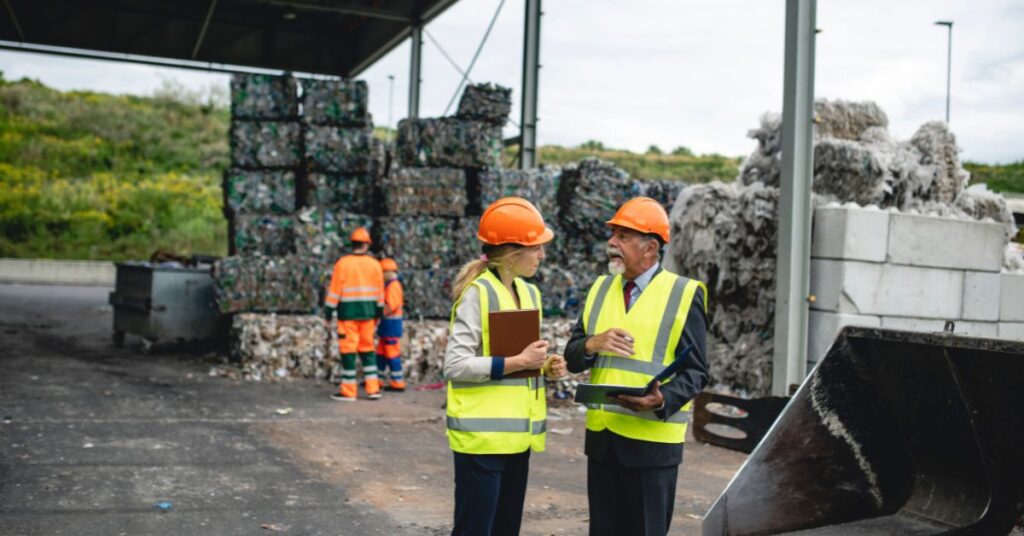Illinois is a state that recognizes the importance of responsible waste management and sustainable practices. With a population of over 12 million, the state has implemented several waste management programs to ensure the proper handling and disposal of waste materials. These programs aim to reduce waste, promote recycling, and preserve the environment for future generations.
Illinois waste management is the agency responsible for overseeing waste management in the state. The agency’s primary focus is on reducing waste and increasing recycling. Illinois waste management several programs and initiatives to achieve this goal, including:
- Household Hazardous Waste Collection Program: Illinois residents can safely dispose of hazardous waste materials such as paint, batteries, and cleaning products. This helps prevent these materials from ending up in landfills, where they can threaten public health and the environment.
- Electronics Recycling Program: Illinois has implemented an electronics recycling program that makes it easy for residents to recycle old computers, televisions, and other electronic devices. This program ensures that electronic waste is recycled in an environmentally responsible way, reducing the amount of electronic waste sent to landfills.
- Tire Recycling Program: The IEPA operates a tire recycling program that encourages Illinois residents to recycle old tires. This program helps to reduce the amount of waste sent to landfills, while also preventing tires from becoming a breeding ground for mosquitoes and other pests.
- Landfill Capacity Management Program: The IEPA also manages the state’s landfill capacity, ensuring that waste is disposed of in an environmentally responsible way. The program helps to reduce the amount of waste sent to landfills, while also promoting the development of alternative waste disposal methods.
In addition to these programs, Illinois has implemented other initiatives to promote sustainability and reduce waste. For example, the state has a bottle deposit law that encourages residents to recycle plastic, glass, and aluminum beverage containers. The law provides a financial incentive for individuals to recycle, which has helped to increase recycling rates in the state.
Illinois has also taken steps to promote the use of renewable energy sources. The state has a renewable portfolio standard that requires a certain percentage of the state’s energy to come from renewable sources such as wind and solar power. This initiative helps to reduce the state’s carbon footprint and promote the use of clean energy.
The state’s commitment to sustainability and responsible waste management has not gone unnoticed. In 2019, the IEPA was awarded a $500,000 grant from the U.S. Environmental Protection Agency to support the state’s recycling efforts. The grant will be used to improve recycling infrastructure and increase public education on the benefits of recycling.
In conclusion, Illinois is a state that takes waste management and sustainability seriously. The state has implemented a number of programs and initiatives to reduce waste, promote recycling, and preserve the environment for future generations. With continued efforts and investment in waste management, Illinois can continue to serve as a model for other states looking to promote sustainable practices and reduce their environmental impact.

